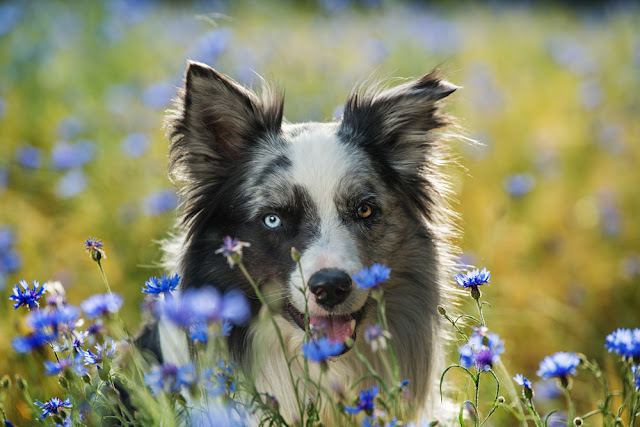Fellow Creatures, Plus T-Shirts on Sale

I have a new post on small animal blood donation over at my Psychology Today blog, Fellow Creatures . Photo: Ylanite Koppens/Pixabay By Zazie Todd, PhD This page contains affiliate links which means I may earn a commission on qualifying purchases at no cost to you. Did you know that dogs and cats can donate blood to help other pets in need? It turns out that most pet owners don't - but once they know, most would be willing for their pet to be a blood donor. Dogs and cats can donate blood (but most people don't know) looks at some new research on what people know about pet blood banks, and the motivations they give for being willing to let their pet donate blood. The post also includes information about what to do if you would like your pet to become a blood donor. T-Shirts on Sale The Trust Kindness and Cookies t-shirt celebrates all that we love about reward-based dog training: Trust in science, the kindness of reward-based methods, and cookies as positive r






